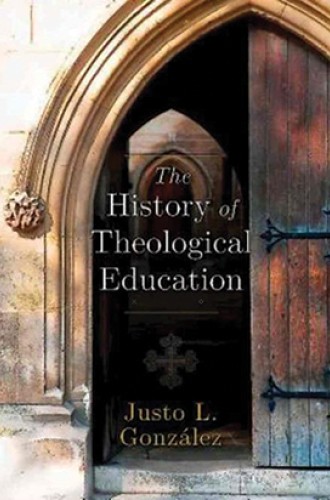A bright future for (some) seminaries
If theological education’s prospects look dim, we’re defining it too narrowly.
One of the most significant shifts in theological education in the United States over the past 50 years, Justo González argues, is the entrance of large numbers of people of color into seminaries. This claim is important because the time is approaching when the United States will not have a single racial or ethnic majority. Strikingly, the white population will lose its majority position for the first time since the nation’s founding. González is clear-eyed about the fact that the traditional white establishment churches and their institutions of theological education largely look at these changes and see a crisis. However, he argues, it’s not a crisis for the wider enterprise of theological education.
González, who is a professor emeritus at Columbia Theological Seminary, exemplifies these shifts. He tells about his own experience as a graduate student and then young faculty member with no Hispanic colleagues and access to few books in Spanish or on the history of Hispanic Christians in the Americas. Now, to his delight, there are more scholars of color—and more organizations, journals, books, and conferences produced by these scholars—than he can keep up with. A study by the Association of Theological Schools reveals that the percentage of racial or ethnic minority students enrolled in ATS-accredited schools has grown from 16 percent to nearly 30 percent in the past 20 years. Numbers of racial or ethnic minority faculty have doubled in that same period.
In González’s view, the fate of churches and their related seminaries can be divided according to formal patterns of required ministerial education. Denominations that traditionally required seminary education for ordination face declining membership (and their seminaries are largely seeing declining enrollment as well). Those that generally have not required seminary education—especially but not only the Pentecostal traditions—are growing. Thousands of ministers are being licensed or ordained for ministry without formal theological education, and when they do seek it out, it is likely in the form of nondegree programs from alternative institutions. As a consequence, González argues, the practical monopoly of ATS-accredited schools and programs has decreasing power.






